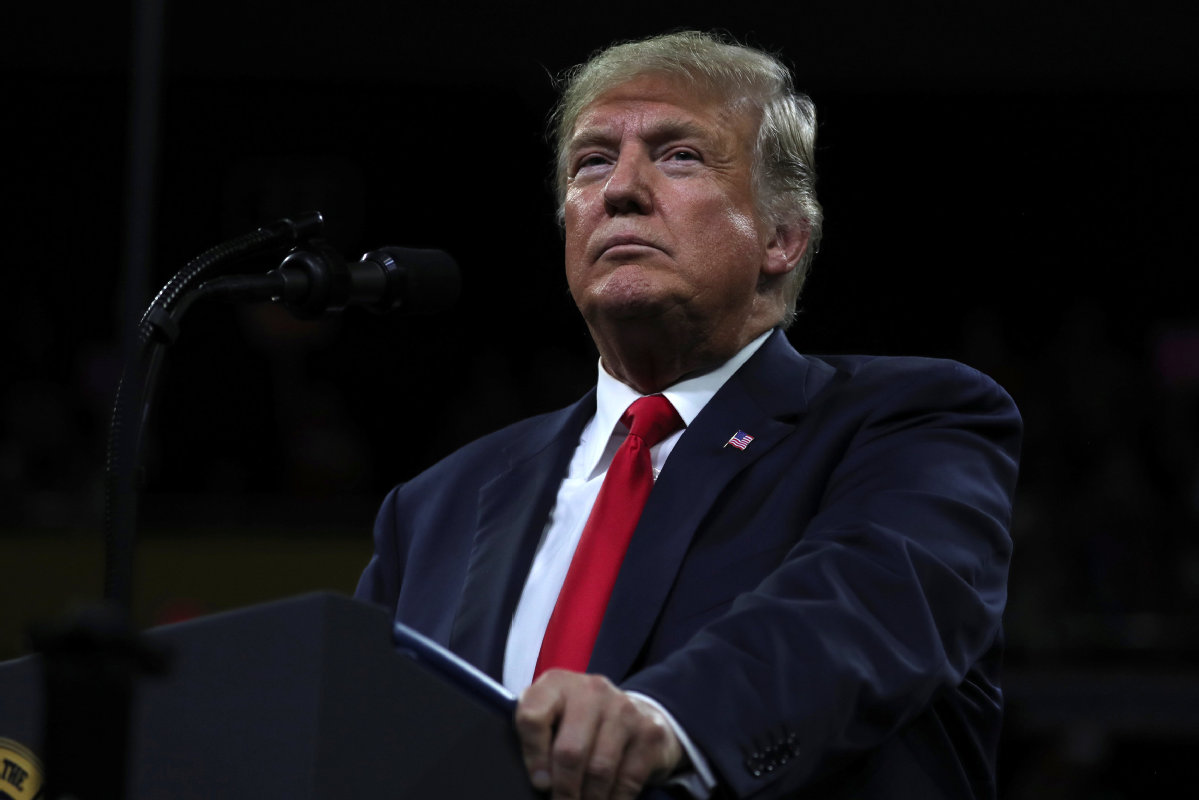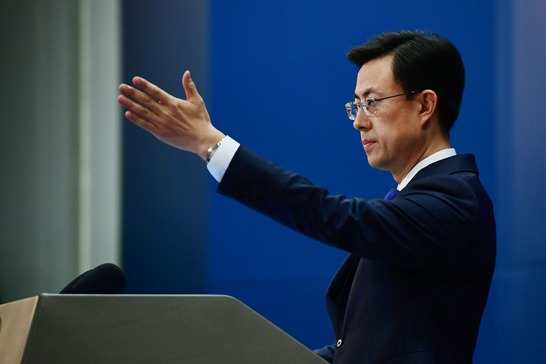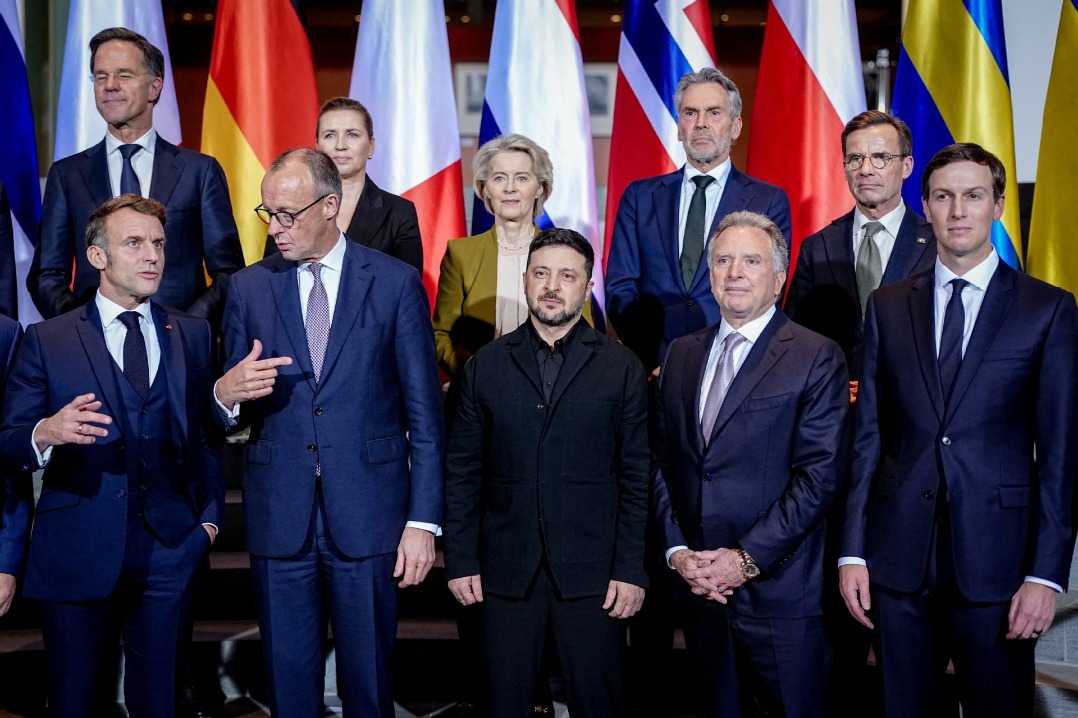New NAFTA deal 'won't fix' loss of competitiveness


MEXICO CITY -- The revamped North American Free Trade Agreement between Mexico, Canada and the United States fails to address the region's eroding competitiveness, according to a leading Mexican economist.
Jose Luis de la Cruz, general director of the Institute for Industrial Development and Economic Growth, said the updated version of the 1994 pact, renamed the United States-Mexico-Canada Agreement, lacks integral policies such as those implemented by Asian countries instituted to boost competitiveness, such as promoting technological innovation.
North America's loss of competitiveness in semifinished product manufacture compared to other parts of the world, especially East Asia, is not going to be resolved through the new deal, de la Cruz said.
That can be resolved by raising the capacity for technological innovation and generating greater productive integration, he added.
It remains to be seen how the USMCA, reached on Sunday night, impacts economic indicators over the next few years, but the trade deficits that led US President Donald Trump to demand a renegotiated trade deal are likely to persist, said de la Cruz.
That's because the new deal is still primarily concerned with maintaining the free flow of goods between the three partners, with exchange amounting to some $1.3 billion a year, he said.
"What we see here is that while the Asian model has been successful, is working and keeps moving forward, the North American model continues to be based solely on a free-trade outlook," said de la Cruz.
"There is no state economic policy backing it to boost productive capacity, innovation, public-sector and private-sector investment, and greater cooperation between the two."
The biggest success of the NAFTA renegotiation, according to de la Cruz, is that it preserves the chapter on dispute resolution, which lets the partners settle trade conflicts on an equal footing.
The USMCA is to be submitted to each country's congress for approval, and US lawmakers will probably enter into a "difficult and prolonged" debate that may not end until the first half of 2019, according to a report by Santander Bank, one of Mexico's leading financial groups.
A new president is scheduled to be inaugurated in Mexico on Dec 1, and the incoming administration has indicated that it plans to follow a more Asian model by spending on education and technology to increase competitiveness.
In the meantime, North America's productive capacity is going to remain largely unchanged, said de la Cru.
Xinhua
































